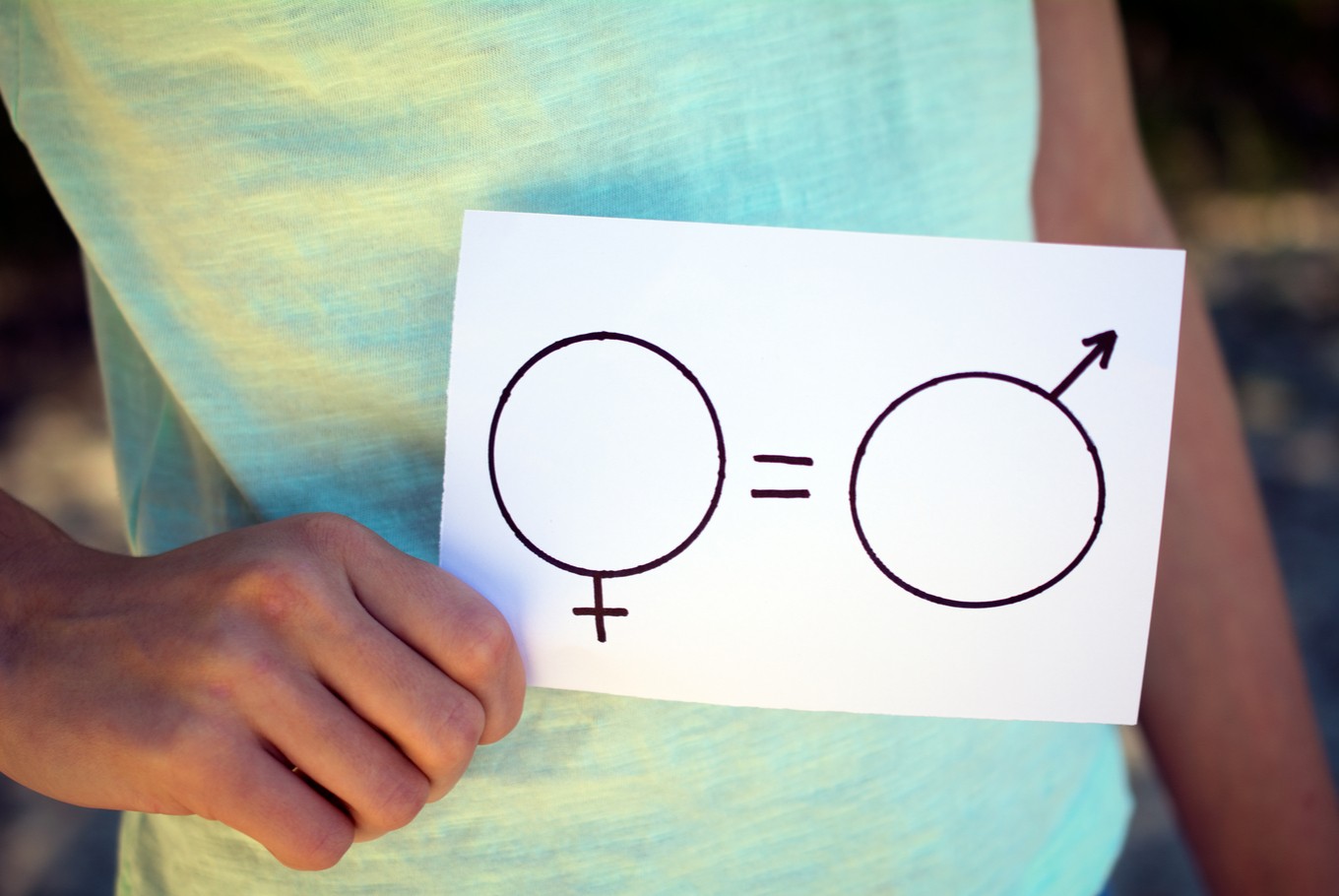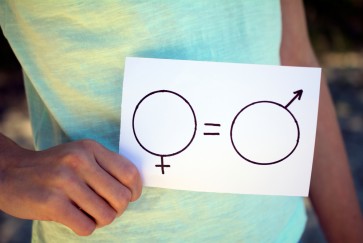Popular Reads
Top Results
Can't find what you're looking for?
View all search resultsPopular Reads
Top Results
Can't find what you're looking for?
View all search resultsTrue empowerment: Is the data adequate?
During the final presidential debate on April 13, both candidate pairs vowed to empower women to achieve economic equality. These are indeed positive steps.
Change text size
Gift Premium Articles
to Anyone
D
uring the final presidential debate on April 13, both candidate pairs vowed to empower women to achieve economic equality. Everybody praised hard-working women and called them the backbone of the family and even of the nation. They suggested microloans and better access to markets. These are indeed positive steps.
However, the question the candidates were asked to address mentioned that, according to the Global Gender Gap Index (GGGI), women’s labor force participation is only 51 percent, while 84 percent of the male population is employed. Also, the candidates were asked how they would reduce sexual discrimination in the workplace. The candidates did not address this part of the question.
The issues Indonesian women face are much more complex than anything that could be solved by microloans and better market access. Economic challenges women face include, first, low participation in the labor market. Another is the wage gap. A third is the skewed division of labor; women are held responsible for most work in and around the household. Further, at work women may face sexual harassment and intimidation, while on their way to and from their workplace, they also have to fear harassment and violence.
The National Commission on Violence Against Women has reported an increasing number of victims of such violence, especially domestic violence. Violence against women and girls happens daily. As a nation we have failed to fight rape culture while society, and men in particular, use various forms of violence against women and girls to discourage them from working or from leaving the house.
In her famous book Against Our Will: Men, Women and Rape ( 1995 ), Susan Brownmiller defines rape culture as “the conscious process of intimidation by which all men keep all women in a state of fear”. This culture of fear is embedded in the legal system and sustained in patriarchal traditions.
Take the merariq (eloping) tradition in the Sasak culture of Lombok, West Nusa Tenggara (NTB), where women and even girls always fear forced marriage. This tradition contributes to the high number of child marriages. When a case is reported, police often encourage the victims to marry their rapists to cover up the disgrace of their families and the whole society. The disgrace of the offender is turned into a disgrace for women and their families. The 2016 data from the Court Monitoring Society of the University of Indonesia (MAPPI UI) and the Legal Aid Foundation of Indonesian Women’s Association for Justice (LBH APIK) also revealed gender bias by courts in sexual violence cases.
Victims of sexual violence and even of rape often face stigma or are blamed for their attire or for going out alone. Another case indicating injustice against working women is that of honorary teacher Baiq Nuril, also from Lombok. She complained about sexual harassment by the school principal. When the recording she made of one of the intimidating conversations with him was spread all over town, the principal reported her to the police for defamation. When the case ended up at the Supreme Court she was sentenced to a hefty fine and 6 months of imprisonment. So the alleged harasser walks free and the reported victim is imprisoned and fined. Such cases underline the urgent need for a broad definition of sexual violence with an approach stressing prevention and rehabilitation, beyond what exists in the Criminal Code.


















